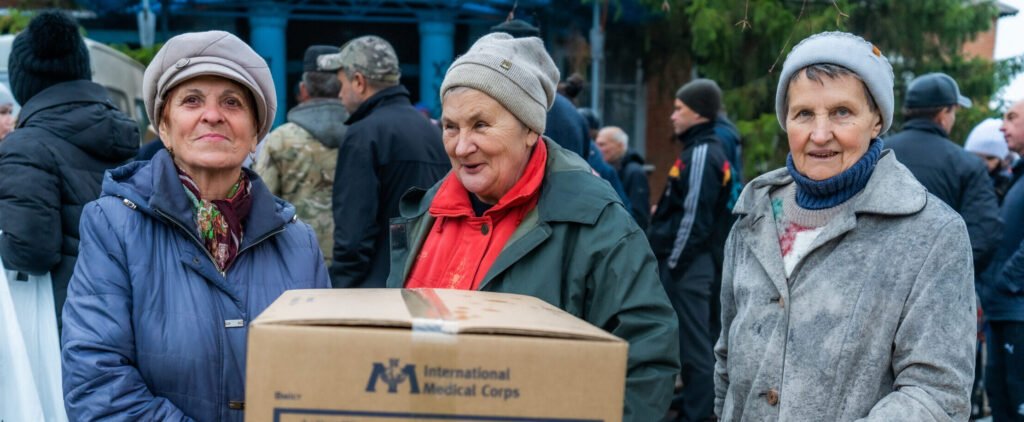VIDEO
Repairing and Rebuilding Ukraine’s Healthcare Infrastructure - English
The Russian invasion of Ukraine has damaged hundreds of healthcare facilities. International Medical Corps is helping them continue to serve patients by providing repair and rehabilitation services.
VIDEO
Ремонт та відновлення інфраструктури охорони здоров'я України
Російське вторгнення в Україну пошкодило сотні медичних закладів. Міжнародний Медичний Корпус допомагає їм продовжувати обслуговувати пацієнтів, надаючи послуги з відновлення та реабілітації.
